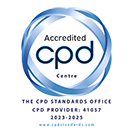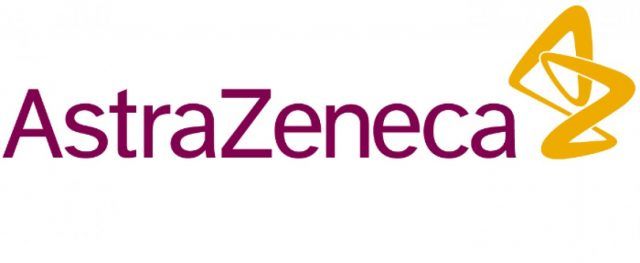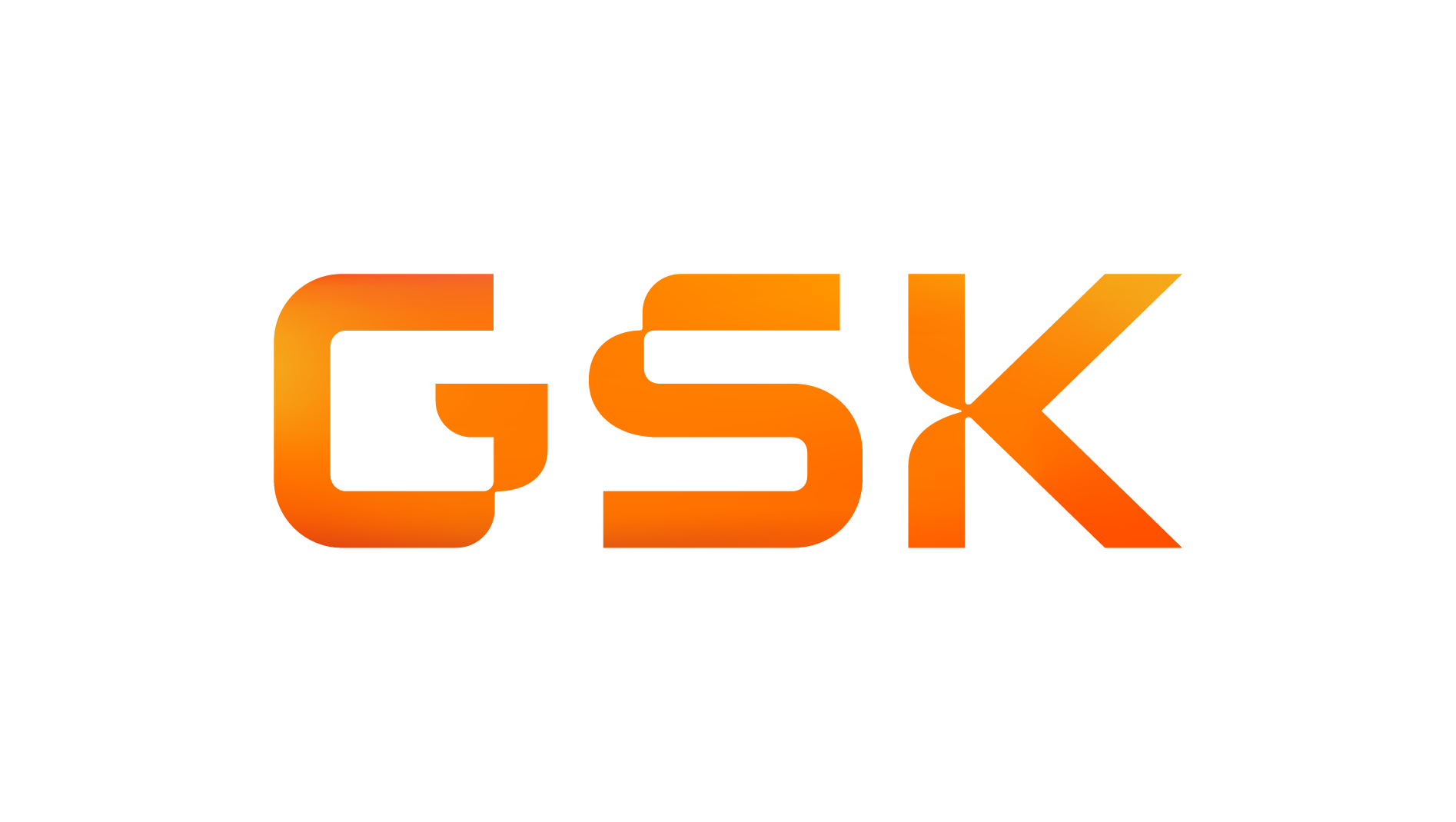9 May 2025
35th SCI Fine Chemicals Group Postgraduate Symposium
Organised by:
SCI’s Fine Chemicals Group
University of Strathclyde, UK / Online Webinar (Hybrid)
Registration Closed
This event is no longer available for registration.
Synopsis
This conference will showcase exceptional research from final year PhD students and provides the opportunity to network and share ideas. The subjects covered will be wide ranging within organic chemistry such as synthesis, mechanistic studies, methodology, medicinal chemistry or analysis and computational.Attendees
The majority of attendees are expected to be academic and industrial researchers including postgraduate students who will be presenting their work, but this event is open to all and free to attend.The event will be run as a hybrid event which allows remote attendance in addition to in person attendance. Please select only one option when registering (in-person OR online attendance).
Prize Winners
1st Prize - Eilidh McKay
Joint runners up - Bradley Cooper and Max Kadarauch
Call for abstracts
Contributions are invited from those working in all areas of organic and medicinal chemistry.• Oral paper (20 minutes plus Q&A, 5 minutes)
An abstract of maximum one A4 page or 300 words indicating title, authors should be sent to conferences@soci.org by Friday 21 March 2025 with the subject line “FCG 35th Post-graduate symposium - abstract submission” Oral presentation slots are inevitably limited and will be allocated to achieve a balanced programme. Topics should cover research results and may have already been presented elsewhere. An abstract template can be downloaded. Prizes will be awarded for the best presentation.
Sponsorship
Please see the sponsorship pack and email conferences@soci.org to let us know which package you are interested in.
Programme
Friday 9 May 2025
- 10:00
- Registration
- 10:30
- Welcome
Session 1 - 10:35
- Ynamines as next-generation click handles for the synthesis of antibody-drug conjugates
Eilidh McKay, GSK/University of Strathclyde - 11:00
- Bisarylbutadiyne scaffolds for ratiometric pHi sensing with Raman microscopy
Daniel Powell, GSK/University of Strathclyde - 11:25
- Aldehyde−Olefin couplings via sulfoxylate-mediated oxidative generation of ketyl radical anions
Zhihang Li, University of Bristol - 11:50
- Lunch
- Session 2
- 12:40
- Nucleophilic amination of aryl halides with an azanide (–NH2) surrogate
Bradley Cooper, The University of Manchester - 13:05
- Development of next generation quorum sensing inhibitors of BDSF
Michelle O'Driscoll, University College Cork - 13:30
- The development of a dynamic kinetic resolution to access novel C–N atropisomeric scaffolds
Aaron Campbell, Newcastle University - 13:55
- Enantioselective arylative dearomatisation via electrostatically-directed palladium catalysis
Maximilian Kadarauch, University of Cambridge - 14:20
- Refreshment break
- Session 3
- 14:40
- Cyclobutyl building blocks: A platform for fragment elaboration
Will Butler, University of York - 15:05
- Switchable SuFEx & SNAr reactivity of sulfonimidoyl fluorides to access diverse sulfonimidamides
Domonique Deans, Imperial College London - 15:30
- Palladium-catalysed addition of aryl halides to N-sulfinylamines for the synthesis of sulfinamides
Mingkai Wei, University of Oxford - 15:55
- Judging and discussions
- 16:05
- Prizes and close of event
Accessibility Grants
SCI accessibility grants are available to support SCI members with disabilities, long term health conditions, those who require a carer, and members who are nursing parents to attend SCI events. Download an application form to apply for a grant.
Venue and Contact
Strathclyde University
Thomas Graham Building
295 Cathedral Street
Glasgow
G1 1XL
Conference Team
Tel: +44 (0)20 7598 1561
Email: conferences@soci.org
Fees
This event is free to attend.
Become an SCI Member and save on this and future events
See Membership OptionsSign up as an Event Member to join this event. SCI Full or Student Members receive discounts on event registrations
Booking Process/Deadlines
CPD Info
All delegates attending this meeting are able to claim CPD points.
Sponsors
Organising committee
Mike Clegg, MSDCharlotte Dalton, CatSci
Chris Jones, QMUL
Helen Jones, AstraZeneca







